The Nagorno-Karabakh Conflict
Select...
SITUATION REPORTS
Armenia, Azerbaijan: Bilateral Border Commission to Hold First Meeting in Moscow
May 13, 2022 | 20:01 GMT
Armenia, Azerbaijan: Azerbaijani President Makes Demands as Peace Talks Approach
Apr 22, 2022 | 15:40 GMT
Armenia, Azerbaijan: Leaders Agree to Peace Talks, Establish Border Demarcation Commission
Apr 7, 2022 | 20:16 GMT
Armenia, Azerbaijan: Armenia Decries Azerbaijani 'Invasion' of Two Villages in Nagorno-Karabakh
Mar 25, 2022 | 20:11 GMT
Armenia: Presidential Resignation Fuels Speculation of Forthcoming Compromises
Jan 24, 2022 | 20:55 GMT
Armenia, Turkey: Countries Hold First Normalization Talks in Moscow
Jan 14, 2022 | 17:28 GMT
Armenia, Azerbaijan: Leaders Agree to Restore Communications Infrastructure
Dec 15, 2021 | 20:07 GMT
Armenia, Turkey: Governments Pledge to Appoint Envoys to Normalize Relations
Dec 14, 2021 | 20:18 GMT
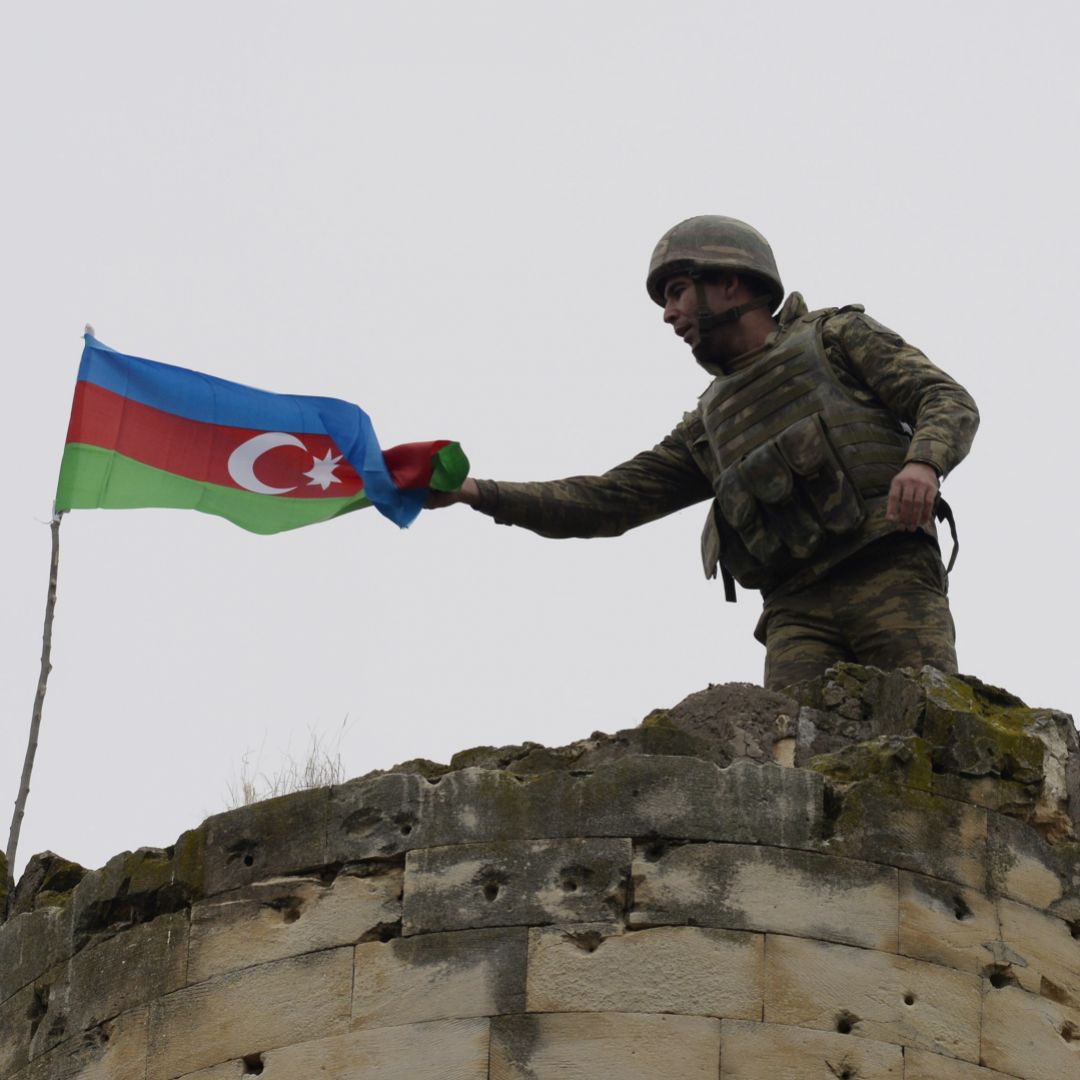
AssessmentsMar 29, 2022
In Nagorno-Karabakh, Azerbaijan's Seizure of Russia-Protected Territory Bodes Ill for Armenia
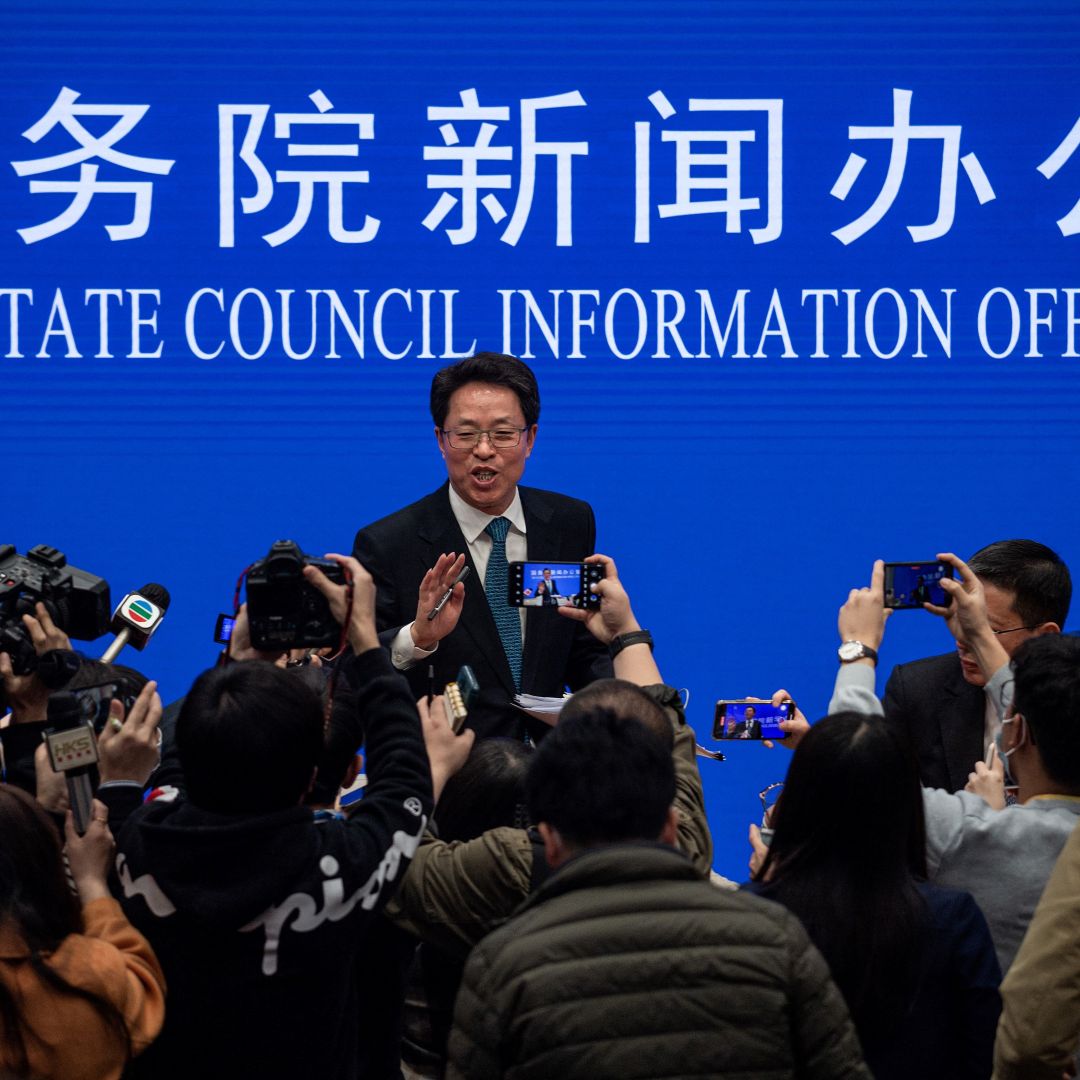
GuidanceMar 27, 2021
The Weekly Rundown: The Mainland Finalizes Hong Kong Reforms, Biden Reviews North Korea Policy

SnapshotsFeb 25, 2021
In Armenia, Anger Over Nagorno-Karabakh Comes to a Head
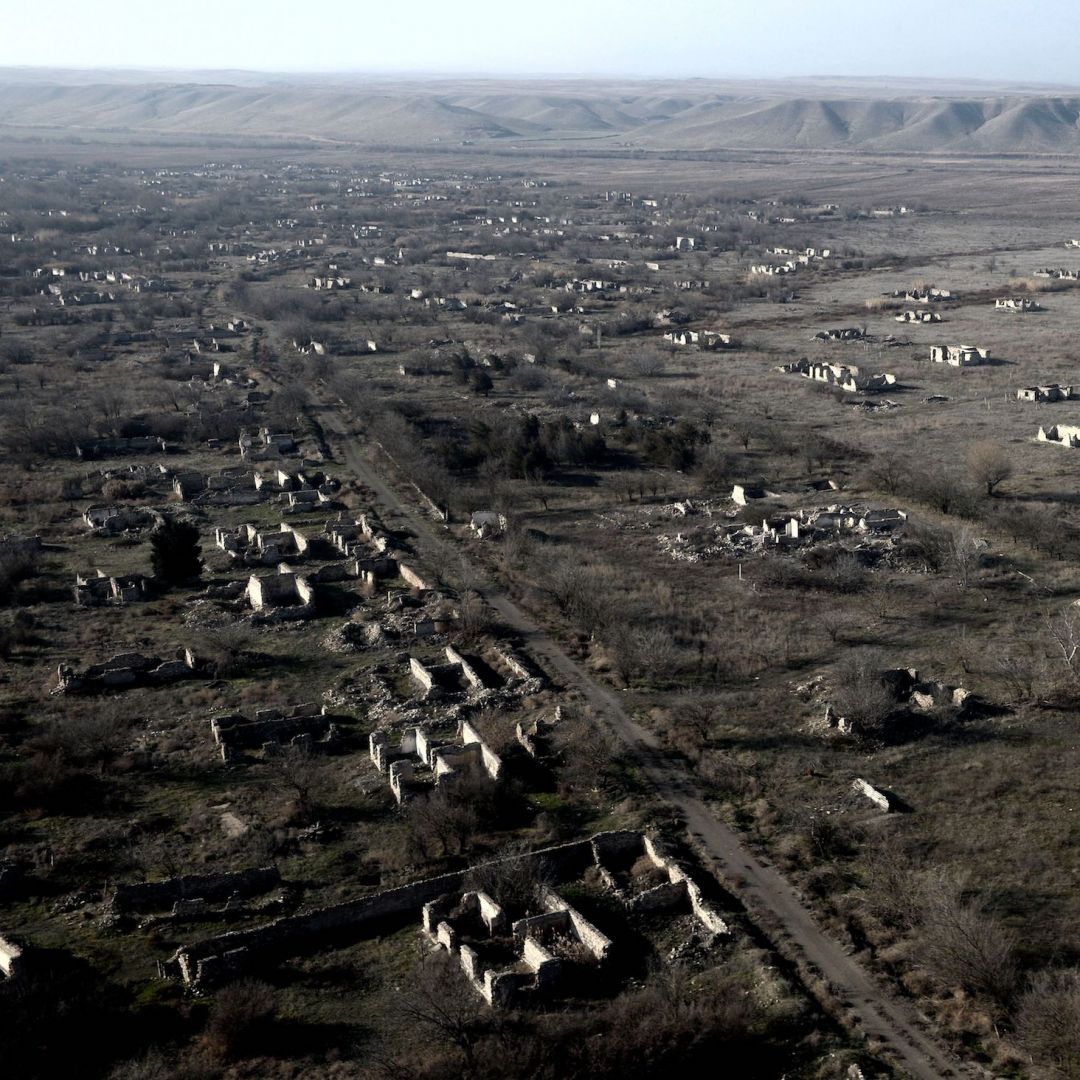
SnapshotsJan 7, 2021
Despite Violations, the Azeri-Armenian Cease-Fire Will Hold -- For Now
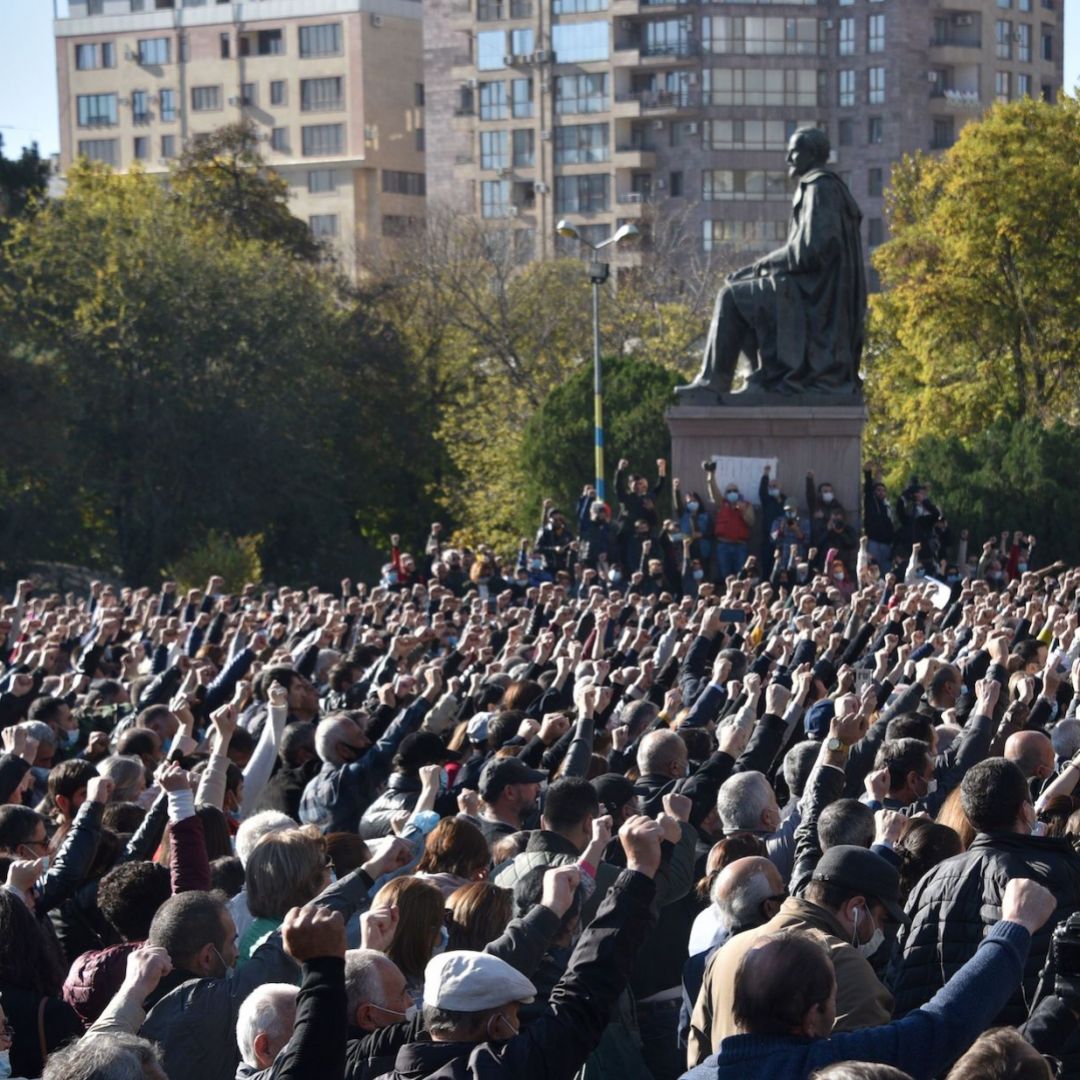
SnapshotsNov 17, 2020
A Cease-Fire Will Only Freeze Azerbaijan and Armenia’s Fight
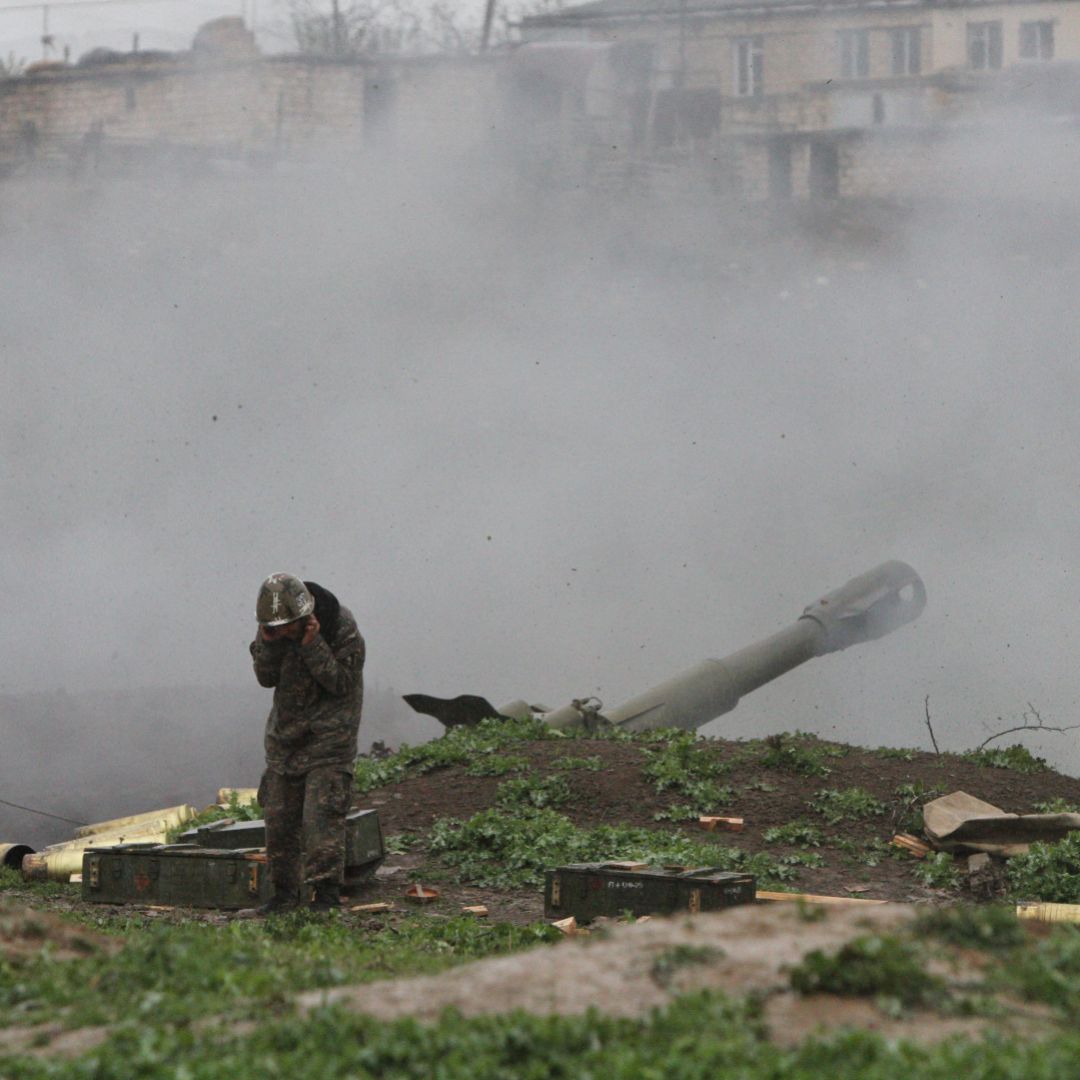
SnapshotsSep 29, 2020
Armenia and Azerbaijan Intensify Their Border Battle
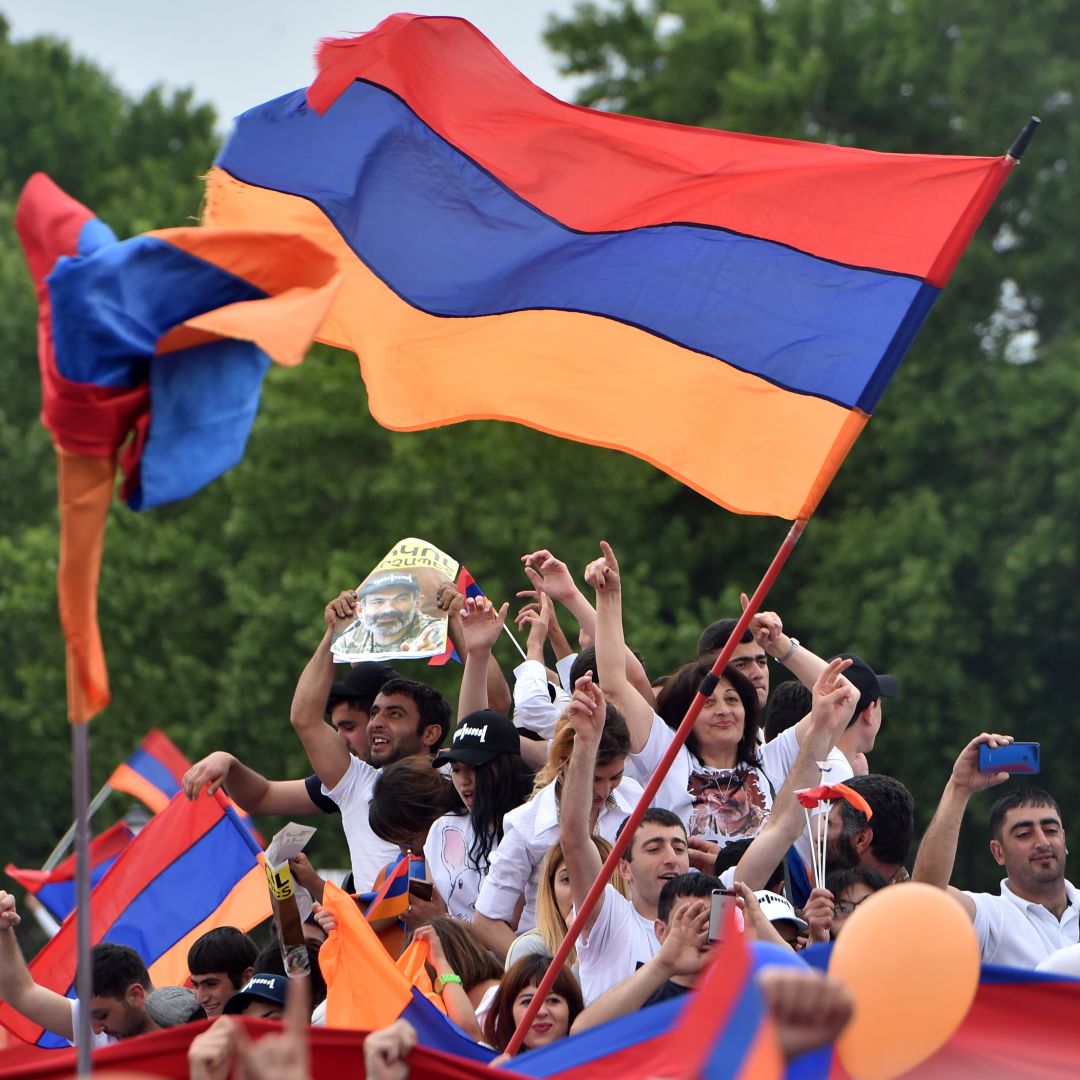
AssessmentsJan 21, 2019
What the Chill in Russian-Armenian Relations Means

SnapshotsOct 25, 2018
Azerbaijan, Armenia: Washington Turns Its Attention to the South Caucasus
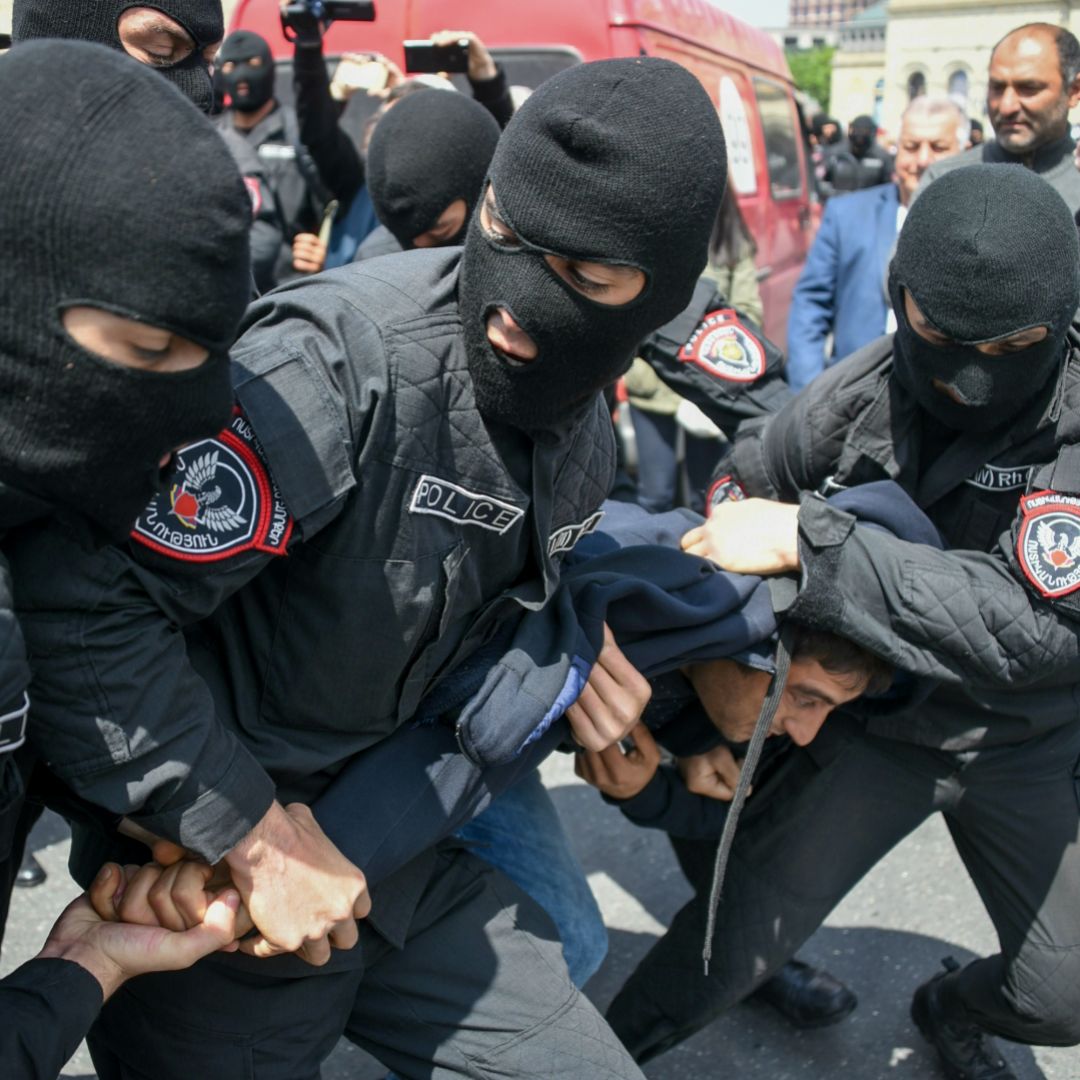
AssessmentsApr 30, 2018
What Armenia's Protests Mean for Russia
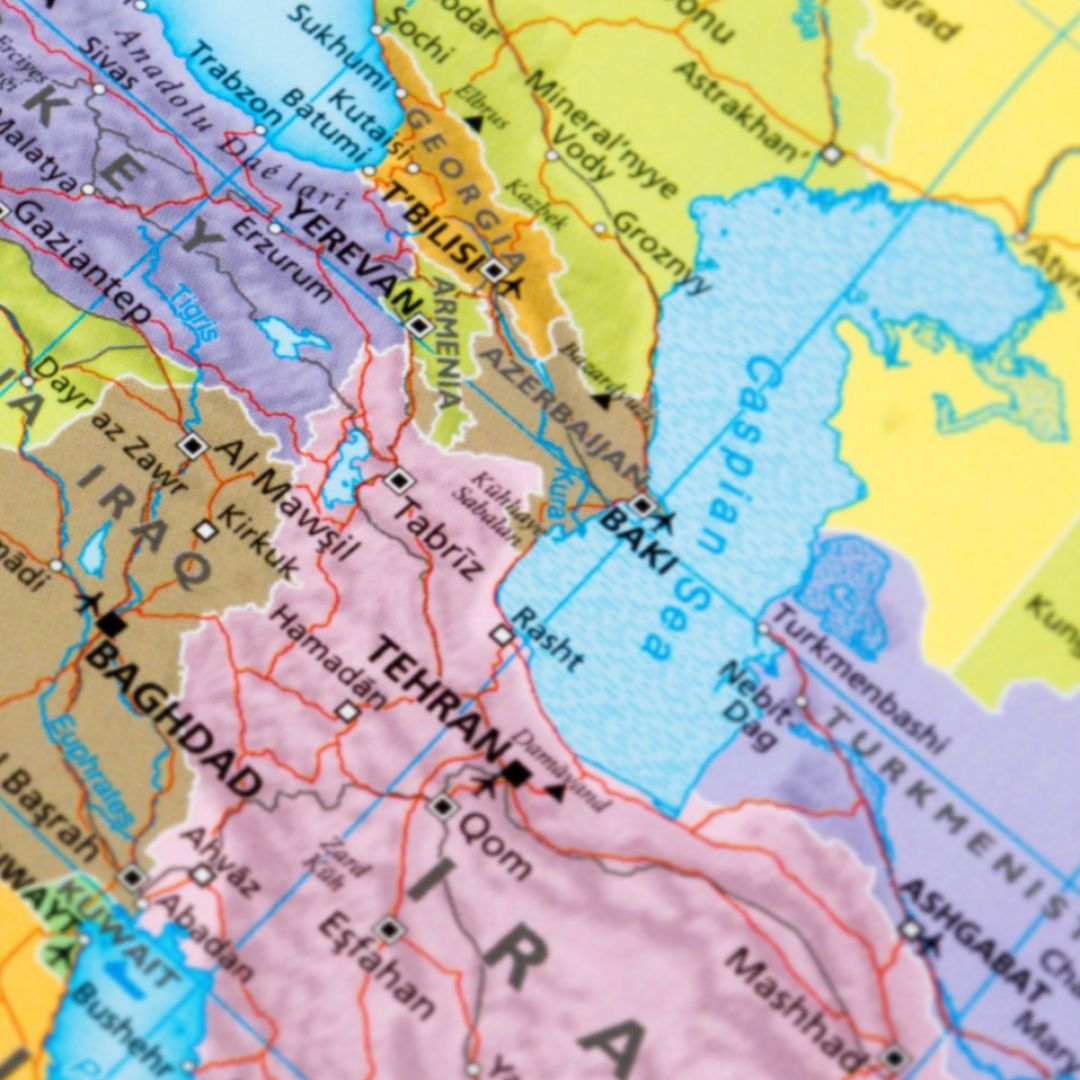
AssessmentsFeb 7, 2018
In the Caucasus, Competition Will Limit Cooperation
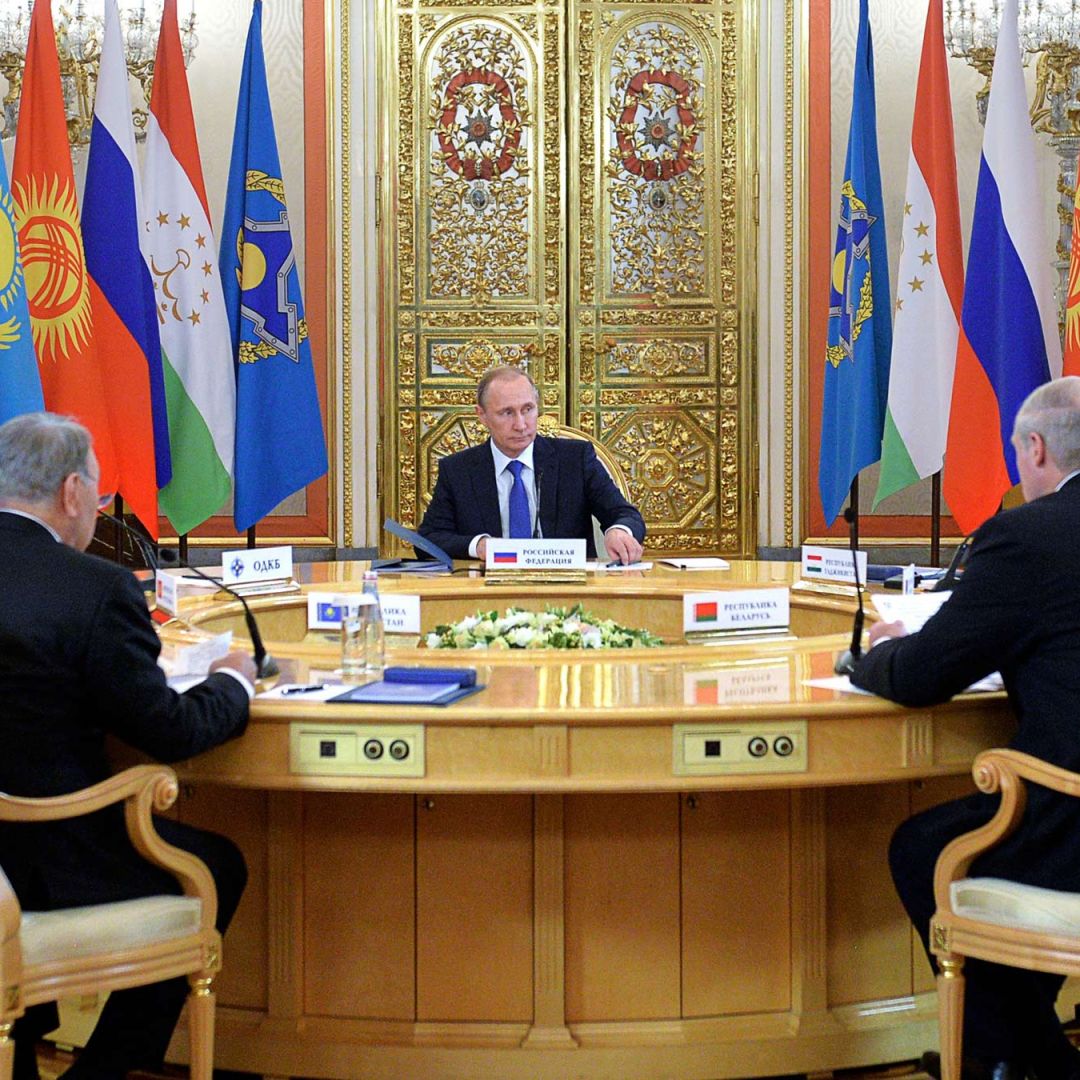
AssessmentsMay 10, 2017
Russia Regains Its Momentum Across Eurasia
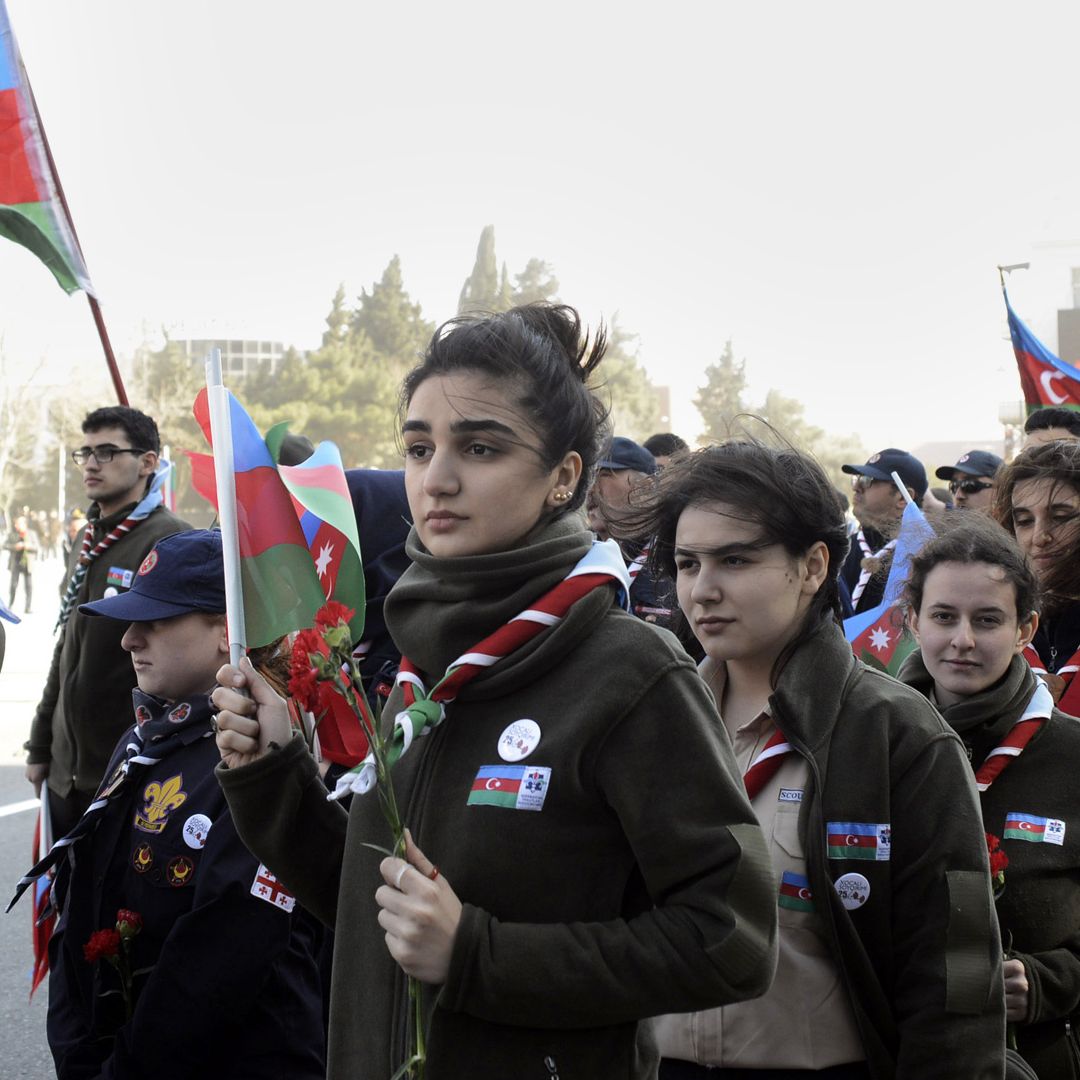
AssessmentsMar 3, 2017
In the Caucasus, Moscow Manages a Simmering Dispute

